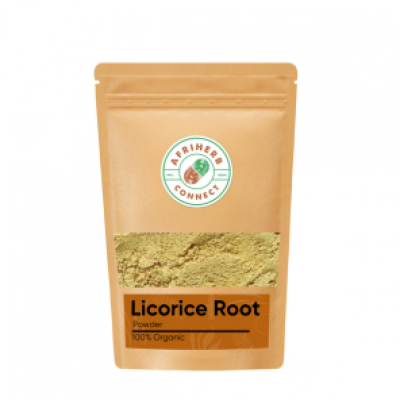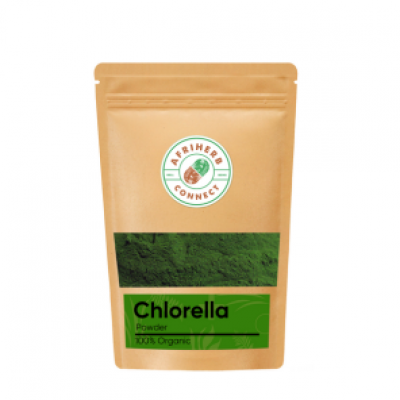
Nutritional Profile: It contains a range of active compounds, including with lanolides, alkaloids, flavonoids, and other phytochemicals, which contribute to its potential health benefits.
Common Benefits:
- Stress Reduction:Ashwaganda is well-regarded for its stress-relieving properties. It may help lower cortisol levels, a hormone produced in response to stress, promoting a sense of calmness and relaxation.
- Anxiety and Mood:It has shown promise in reducing symptoms of anxiety and improving mood. Some studies suggest that Ashwaganda may have anxiolytic effects, aiding in the management of anxiety disorders.
- Cognitive Health:Ashwaganda may support cognitive function and brain health by enhancing memory, attention, and information processing. It's believed to have neuroprotective properties that might benefit conditions like Alzheimer's and Parkinson's diseases.
- Energy and Vitality: Traditionally, Ashwaganda has been used to improve energy levels, vitality, and overall stamina, potentially combating fatigue and promoting physical endurance.
- Immune Support: It's believed to have immunomodulatory effects, supporting a healthy immune system by enhancing the body's defense mechanisms against infections and illnesses.
- Anti-inflammatory Properties: Ashwaganda exhibits anti-inflammatory effects that may help reduce inflammation and related conditions.
- Hormonal Balance: Some studies suggest that Ashwaganda may have potential benefits for hormonal balance, particularly in supporting thyroid function and regulating hormone levels.
Usage:
- Ashwaganda supplements are available in various forms: powder, capsules, extracts, or as part of herbal formulations.
- It's commonly consumed orally as a dietary supplement. Dosage recommendations may vary based on the specific product and individual needs.
Customer reviews
4.00
Add your review
Your email address will not be published. Required fields are marked *
Please login to write review!
 English
English 








